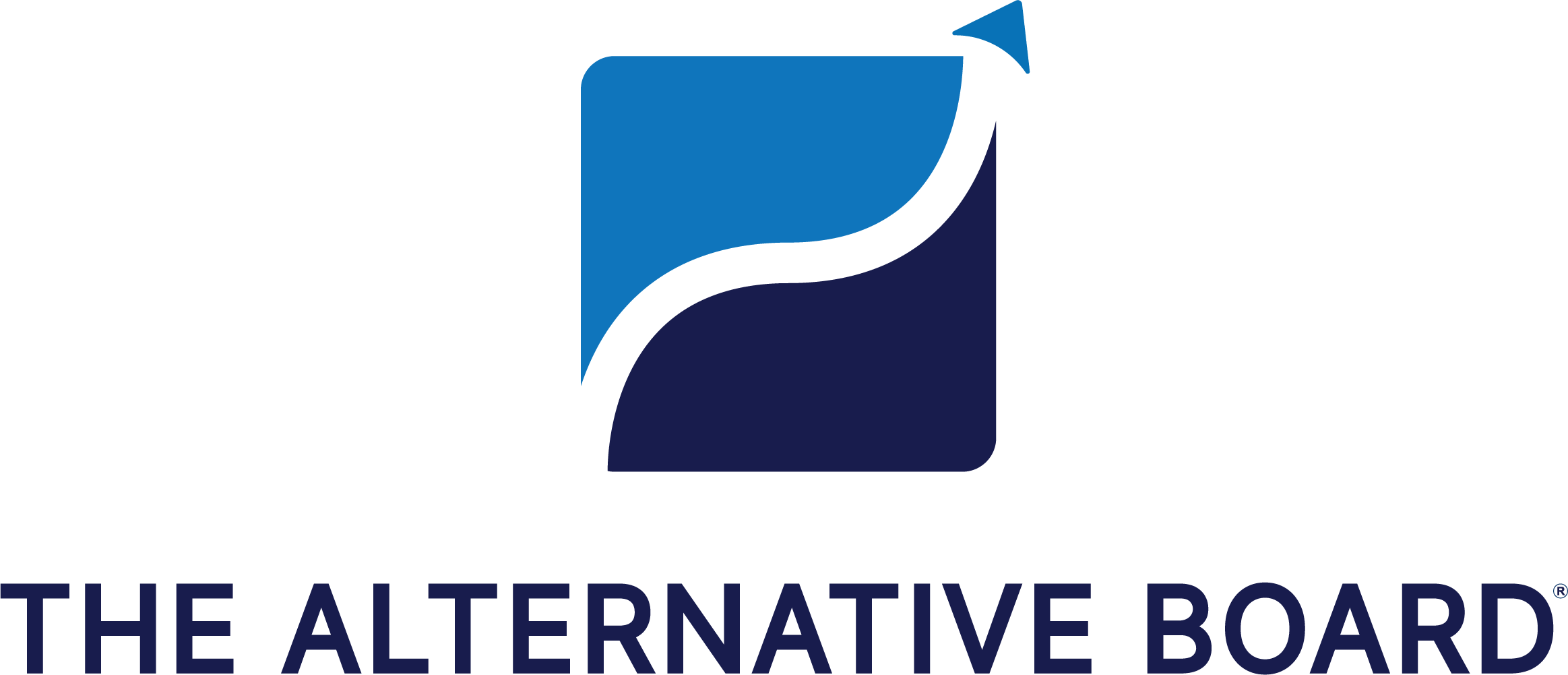Industry is evolving at a record pace, particularly in the post-pandemic era. While COVID lockdowns and shutdowns temporarily changed the way businesses operated and employees engaged, today’s profound advancements far surpass what most of us could have anticipated during those dark days of 2020. One of the most notable shifts since then of course has been the massive explosion of AI applications and other noteworthy automations. But that’s not all. We hire differently now. We purchase differently now. We plan differently now. Most would argue that we do these things better and more effectively than ever before. Yes, this decade has evolved into one not just defined by the global pandemic, but also by massive progress in its aftermath. Yet so many business owners are either passively or actively rebuffing this new and burgeoning industry paradigm and instead doubling down on the old-school business norms of the past. If you are a business owner, it is time to do a little soul searching. Ask yourself, is your success today being stymied by your conformity and commitment to aging business practices?
So What Has Really Changed?
Disruptive technologies, shifting consumer behaviours, and an entirely new (and often volatile) employment dynamic are the cornerstones of business today. Remote work options, once considered a coveted perk, has become mainstream. According to a recent Forbes article, “as of 2023, 12.7% of full-time employees work from home, while 28.2% work a hybrid model.” Do the math, that is nearly 40% of the workforce. While these numbers will surely ebb and flow depending on all kinds of market factors, consider that according to the U.S. Census Bureau, only 9.5% of employees worked remotely at least once a week in 2010. Employees consider remote work options among the most important criteria when seeking a new job.
As a business owner, do you embrace this trend toward remote or hybrid work? Or do you, despite your ability to do so, insist on your staff working exclusively onsite? If you answered yes to the latter, be duly warned – you are going to start losing out on top talent, if you haven’t already.
Supply chain management has also changed dramatically in the last several years, spurred on by pandemic challenges, natural disasters, and regional conflicts. Business owners experienced a wakeup call when they were unable to purchase the materials they needed for their organisations to stay afloat. Officially, the supply chain crisis lasted the better part of two years, but even today some businesses struggle with getting the goods they need. The big lesson learned is the essentialness of maintaining a geographically diverse supply chain. And yet today, many owners still insist on remaining loyal to a single supplier, an alliance most often based on price or assumed value.
Have you diversified your supply chain or do you still depend on a single vendor?
Then of course there is artificial intelligence and other emerging technologies that continue to revolutionise even the most average of business operations. New tools enable better strategy-building and decision-making, increase operational efficiency, and drastically improve the customer experience due to personalisation and other enhancements. Businesses that leverage cutting-edge technology possess a tangible advantage over the competition.
Are you the type of business owner who claims your operations don’t warrant new technology and that investing in it would be a waste of time and resources?
How Do I Teach This Old Dog New Tricks?
Your ability to recognise your resistance to change is the first step in the right direction. Next comes the process of unlearning, which means consciously letting go of outdated knowledge, beliefs, or practices and replacing them with new insights, approaches, and innovations. Easier said than done for so many business owners who cling to familiar routines and outdated strategies.
But why not push the envelope and explore ways to do better and be better in a world of constant innovations and improvements? The following are four approaches that will help you unlearn conformity to the business practices of yesteryear and better embrace the emerging business trends that will propel your business into the future:
Be a Life-Long Learner: Make a commitment to continuous learning and staying on top of industry trends, emerging technologies, and evolving best practices. Attend workshops and webinars to expand your knowledge base and challenge your aging business practices.
Embrace a Growth Mindset: Possessing a growth mindset means that you welcome experimentation, learn from failure, and maintain agility in your business and your leadership style. Take calculated risks and learn from setbacks rather than clinging to static routines.
Create a Culture of Innovation: Foster a company culture that encourages creativity, collaboration, and innovation. Empower employees to contribute fresh ideas, experiment with new technologies, and explore different solutions to business challenges. Reward innovative thinking.
Seek Diverse Perspectives: Actively seek out other perspectives throughout your organisation and industry. Gain fresh insight and challenge the status quo by engaging with key stakeholders from various backgrounds, disciplines, and industries.
The key to unlearning old business paradigms lies in embracing an innovative spirit rather than clinging to outdated practices. By thinking forward rather than holding tight to the past, business owners will best position their companies for success today and well into the future.


